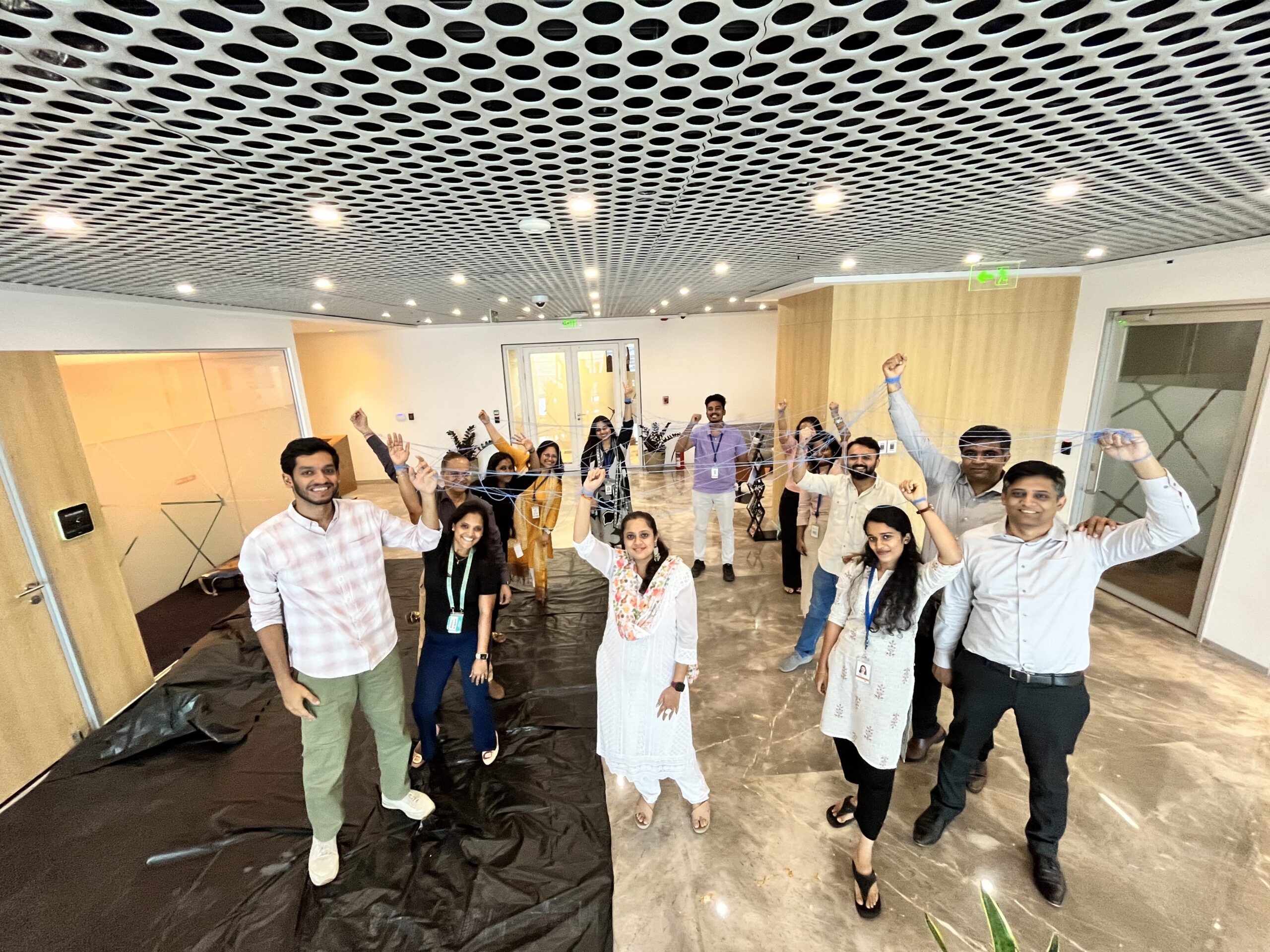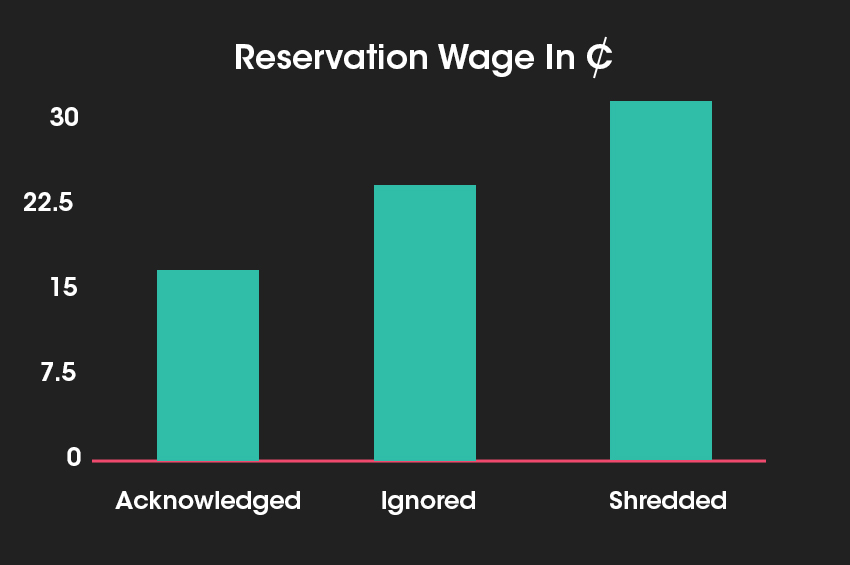Last week, Korelate Learning facilitated a workshop for one of our valued clients, focusing on the “Entrepreneurial Mindset”. During this engaging session, we delved into the topic of motivation and how to effectively inspire our team members. We initiated the discussion by asking the participants, “What motivates people?” and “How can we motivate our team members?”
Our education system doesn’t help either. We were never taught in school what exactly it meant Various responses were shared, including monetary rewards, incentives, appraisals, and even factors like appreciation of work, respect, and trust. However, when we probed further, asking if money alone could be considered the primary motivator, most individuals responded negatively.
Nevertheless, we explored alternative approaches to tap into the intrinsic motivation of our team members. One particularly powerful method we discussed was the “Power of Acknowledgement,” which was presented through an enlightening experiment conducted by Dan Ariely.
In Ariely’s experiment, participants were given sheets of paper with random strings of letters and were paid to identify and circle any pairs of letters they found. After completing the task, they were asked if they wished to repeat it, but this time for slightly reduced pay. This process was repeated until participants no longer desired to continue.
The participants were divided into three groups. The first group received explicit acknowledgement for their work. Upon submitting their sheet, the administrator would examine it, offer a nod of acknowledgment, and place it on a separate pile before inviting the worker to repeat the experiment (albeit with reduced compensation).
In contrast, the second group received no acknowledgement at all. The administrator simply collected their sheet and placed it in a pile without even glancing at it. As for the third group, their work was explicitly devalued, as the administrator swiftly took their paper without inspection and immediately shredded it.
Unsurprisingly, the group that received explicit acknowledgement continued working for a longer duration compared to those whose work was shredded. However, what was truly fascinating was that the group receiving no acknowledgement exhibited nearly identical behavior to those whose work was instantly destroyed.
The insight derived from this experiment is profound: ignoring people’s performance is almost as detrimental as discarding their efforts right before their eyes. It emphasises the crucial importance of taking the time to acknowledge the work of individuals. It may seem like a simple act, but its impact is significant.







